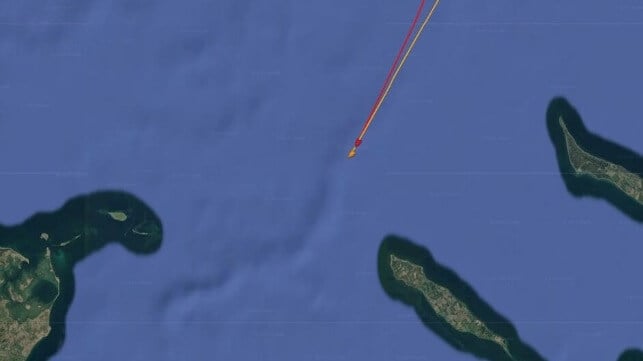Op-Ed: Collision off Denmark Shows Need for Enhanced Situational Awareness


Navigating high-traffic channels – especially at night – is a major challenge for bridge teams. There are Radar targets to track, AIS data to interpret and VHF communications to manage, all while maintaining a constant visual lookout. Crews may be operating at the edge of their cognitive limits. It can be very intense and the risk of human error is always present. The consequences of such errors are significant: collisions are not just expensive in terms of repair bills, off-hire delays and higher insurance exposure, they can also damage a company’s reputation and erode trust with cargo owners.
The good news is that the technology to mitigate such risks is available and proven. AI-powered computer vision using powerful day and thermal cameras, when fused with AIS and Radar data, can continuously scan the surrounding environment, detect and classify targets, and provide clear alerts when risk of collision increases.
This heightened situational awareness is not about replacing people but reducing crew workload and the risk that fatigue, distraction or information overload can compromise safe navigation. In a scenario like the Maersk Gironde and SFL Composer collision, I venture that such technology could have warned the OOWs in time to take avoiding action – adding an extra layer of protection alongside traditional watchkeeping practices.

that matters most
Get the latest maritime news delivered to your inbox daily.
We don't need to wait for the official findings on the incident to appreciate the fact that too many vessels are still sailing without a digital watchkeeping system that could prevent such incidents. Every voyage through a congested waterway at night, without enhanced situational awareness, is a calculated gamble with ships, cargo and reputation. As an industry we should not tolerate this avoidable risk.
Yarden Gross is CEO and co-founder of Orca-AI. He is an experienced entrepreneur and the co-founder and former CEO of an automotive tech company backed by Engie - VC. He holds a BA in Economics & Business from the IDC.
The opinions expressed herein are the author's and not necessarily those of The Maritime Executive.
